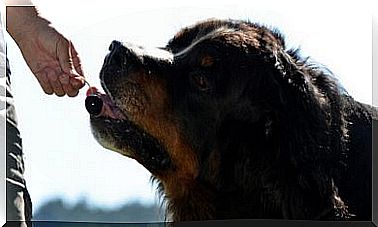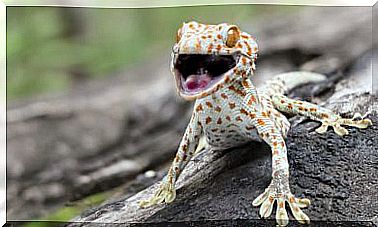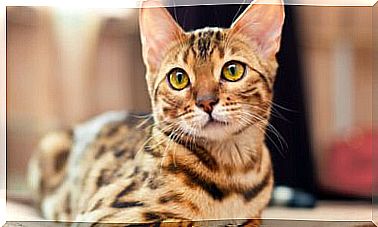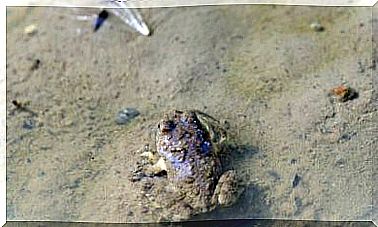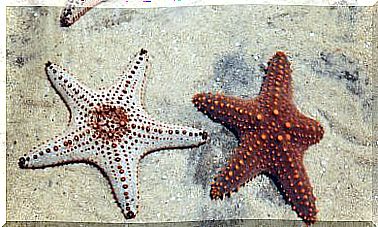Feeding And Caring For The Teeth Of Rodents
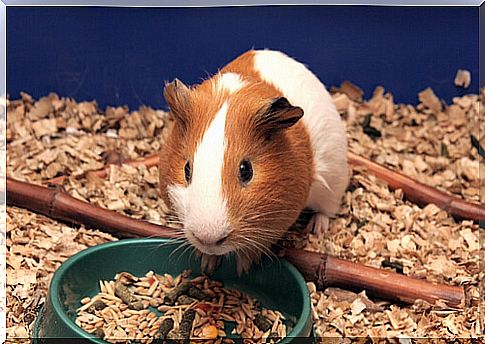
Rodents are common pets, as they are easy to care for and very friendly. Of course, they have a great requirement in common: the attention and care of the teeth of rodents.
Rodents, general characteristics of their diet
There are many types of rodents that can live in our homes as pets: each specific species has different food needs. Therefore, in order to get to the details and take care of your health to the maximum, the best option is to consult specific guides.
However, rodent feeding has many points in common and a basic guide can be made for many of the species: rodents are normally herbivores, although a couple of them can be considered omnivores and need animal protein.
The basis of the rodents’ diet should be made up of vegetables : pepper, tomato, zucchini, carrot … as well as seasonal fruits that are not very acidic, such as apple, pear, watermelon or peach. Many species of rodents can eat grains and seeds, which are beneficial to them.
Rodent teeth care
The key to caring for rodents’ teeth is to keep in mind that they are constantly growing, so they must wear them down to have a healthy mouth. Overgrown teeth are dangerous for them: they chew food poorly, dig into other parts of their mouths, prevent them from eating, etc.
However, this diet of vegetables and fruits is not enough to be able to wear the teeth at the rate they need. Rodents must eat other harder foods in order to have a healthy mouth. We break down some of them below:
Hay
Hay is selected and dried grass. Guinea pigs and chinchillas, for example, should always have it available in their cage so they can chew on it whenever they feel like it.
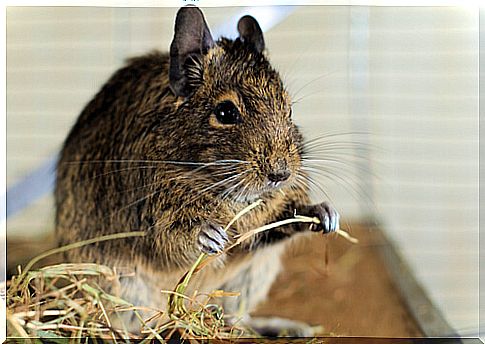
Hay is difficult to chew and is not only important in caring for rodents’ teeth, but also in digestion, as it provides them with fiber. There are many types of hay on the market, from normal to selected ones with flowers or aromatic herbs.
I think
Almost all pet rodents already have specific commercialized feed, aimed at meeting their basic nutritional needs: the ratio of nutrients and proteins are unique for each species.
Ideally, we should not only include fodder in the rodents’ diet, but it should be a supplement. Since it is hard, they can wear down the teeth with a meal suitable for them, in addition to making sure we give them a complete meal, in case their diet of vegetables and vegetables were not enough.
Prizes and snacks
Like all animals, rodents also like to keep treats , snacks or treats in their cages. With these we can also help your teeth, since they are usually hard and crunchy.
In the market you can find different options to offer our pet, from cereal bars to dry cookies. However, we must bear in mind that these treats are only an occasional food and that abusing them can be harmful to your health.
Safety first
All rodent species have different nutritional needs, and the list of beneficial and toxic foods is unique for each of them. Before preparing the menu for our rodents we have to know what their species can eat and if it will suit them.
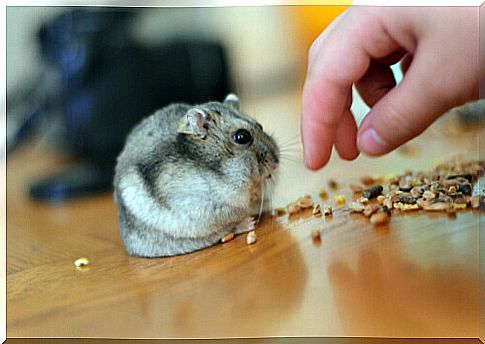
For example, for many guinea pigs, lettuce is harmful, as it causes discomfort and diarrhea. On the other hand, for chinchillas it is healthy. Mice and rats can drink milk and therefore cheese, while gerbils and guinea pigs find it harmful. Hamsters will not be attracted to hay, while it is a must for guinea pigs.
You should also take into account the size of each animal: chinchillas are much larger than squirrels or hamsters. Food chunks should be of different sizes, as should cereal and snack bars .
The feeding of our rodents must take into account that our pet’s teeth never stop growing: they will need crunchy and hard food to be able to wear them down. Luckily, finding ways to give you these add-ons is not difficult and there are many different options.
